The Democratic Republic of Congo (DRC) has long been plagued by a complex conflict, rooted in historical grievances, ethnic tensions, and struggles for political power and control over valuable resources. In recent years, the situation has been further exacerbated by flawed elections, the resurgence of rebel groups, and interference from neighbouring countries. This article seeks to provide a comprehensive overview of the conflict, including its historical background, recent developments, and the current state of affairs.
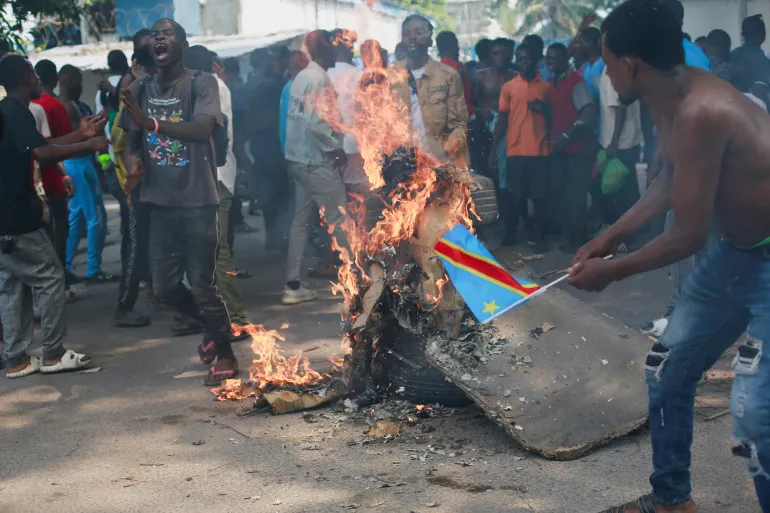
The conflict in the DRC can be traced back to the aftermath of the Rwandan Genocide in 1994. Following the genocide, Hutu extremists fled to the DRC, where they formed militias and continued their campaign of violence. Tensions escalated as Tutsi militias, backed by Rwanda, launched incursions into the DRC to root out Hutu militants. This led to the First Congo War (1996-1997), during which Rwandan and Ugandan forces intervened in support of Congolese rebel groups, ultimately overthrowing the government of Mobutu Sese Seko.
The Second Congo War (1998-2003) ensued as a result of deteriorating relations between the new Congolese government and its former allies, particularly Rwanda. This conflict often referred to as Africa’s World War due to the involvement of multiple African countries, resulted in millions of deaths and widespread humanitarian suffering. Despite the formal end of the war in 2003, violence and instability persisted, fueled by the proliferation of armed groups and the competition for control over the DRC’s vast mineral wealth.
After disputed elections in December 2023, violence escalated, especially in the eastern regions. Rebel groups like M23 and the Allied Democratic Forces (ADF) stepped up attacks, leading to a humanitarian crisis and widespread displacement. The ADF is considered an Islamic terror group with ties to the Islamic State. Accusations of support from neighbouring countries like Rwanda and Uganda added to tensions. Despite diplomatic efforts to negotiate ceasefires, grievances and power struggles persist, raising the risk of further conflict escalation.
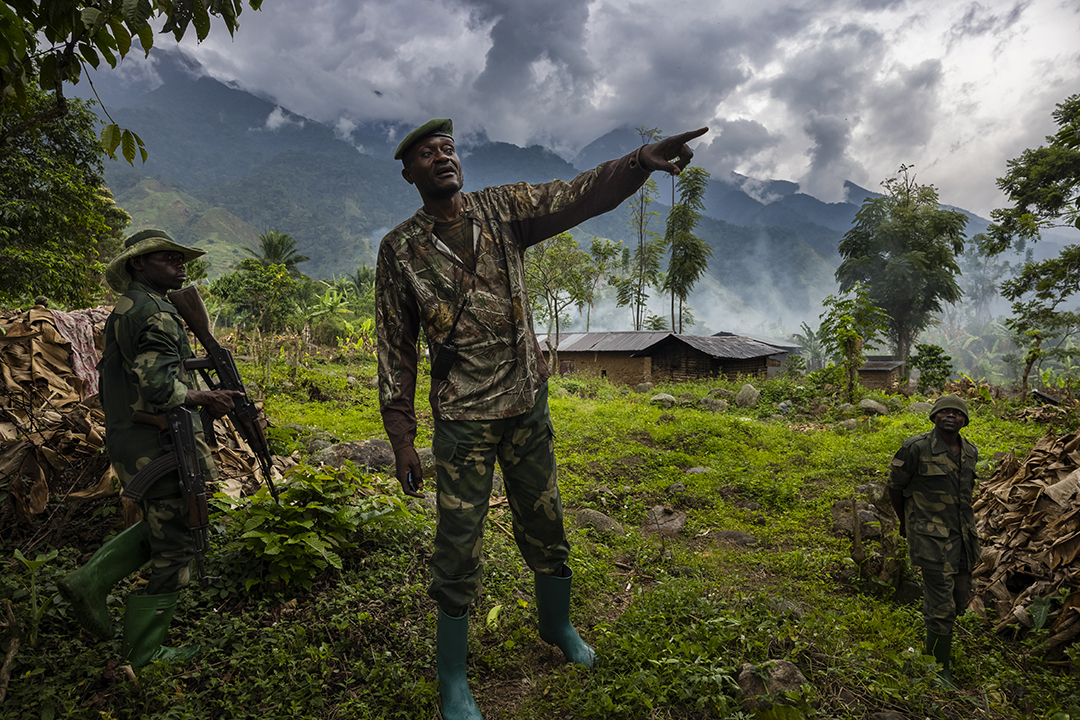
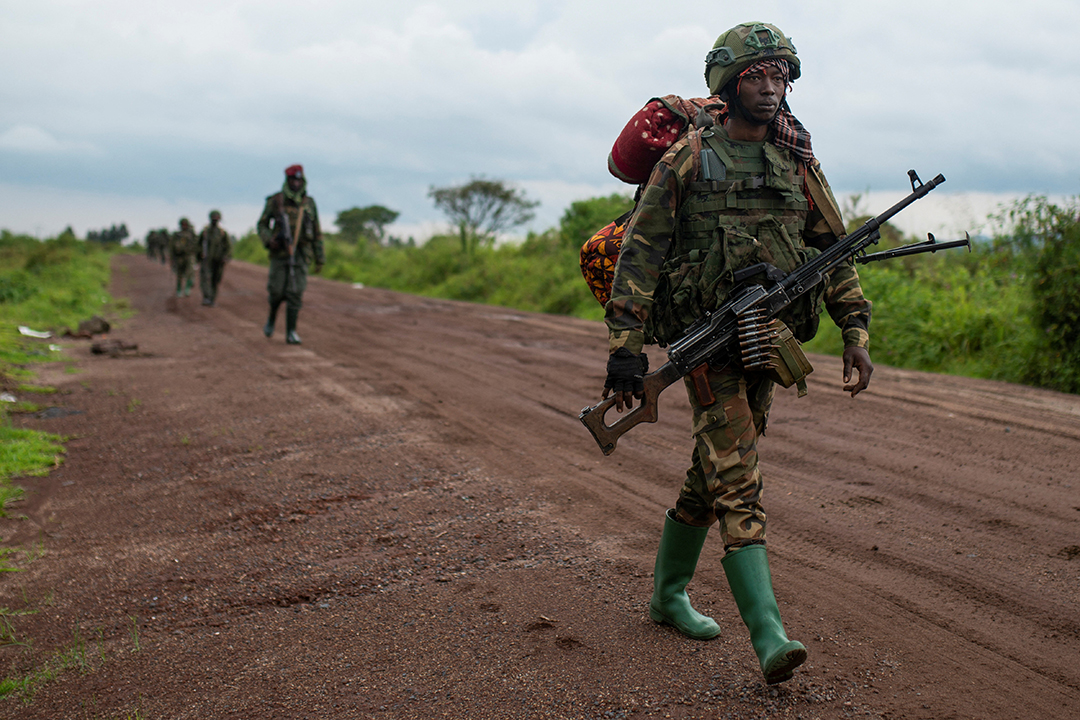
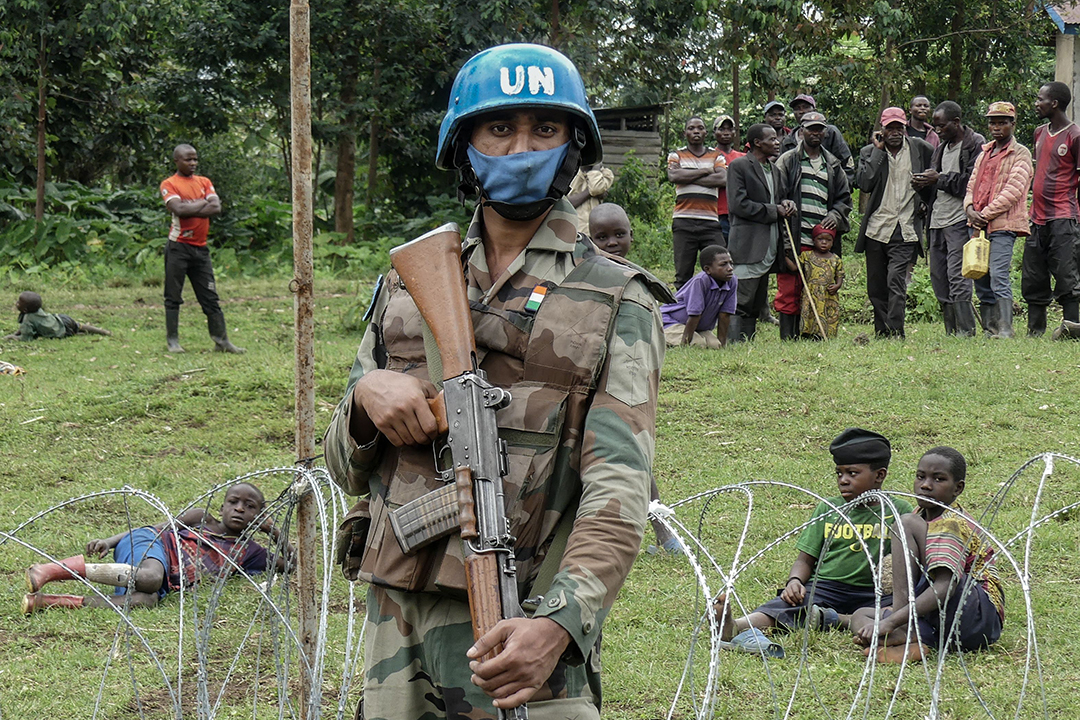
This year, twin bomb blasts at displacement camps near Goma, DRC, killed 12, including children, and injured over 20. The attacks led to accusations against Rwanda and the M23 rebel group, denied by Rwanda, with President Tshisekedi returning abruptly amid these accusations. The violence coincided with M23’s capture of Rubaya, highlighting the conflict’s stakes over resources. The US condemned the attacks and Doctors Without Borders suspended operations due to insecurity.
In eastern DRC, escalating conflict and humanitarian crises have reached a critical point, particularly in Goma and nearby areas. The United Nations (UN) warns of dire security and near-catastrophic humanitarian conditions, with one in four Congolese facing hunger. Intensified fighting between government forces and M23 rebels since February has displaced hundreds of thousands, with about 250,000 seeking refuge in Goma. Over 200 armed groups compete for mineral resources and Rwanda’s support for rebel groups adds to the complexity.
The United Nations Organization Stabilization Mission in the DRC (MONUSCO), is now closing bases and leaving the country following the government’s request. The government criticised MONUSCO’s failure to protect civilians from armed groups. The closure of a major base near Bukavu is the first step. Peacekeepers, including Pakistani troops with over two decades of service, are departing amid ongoing conflict in eastern DRC. The departure of an African regional force, also requested to leave, marks the end of over a decade of UN presence in the DRC.
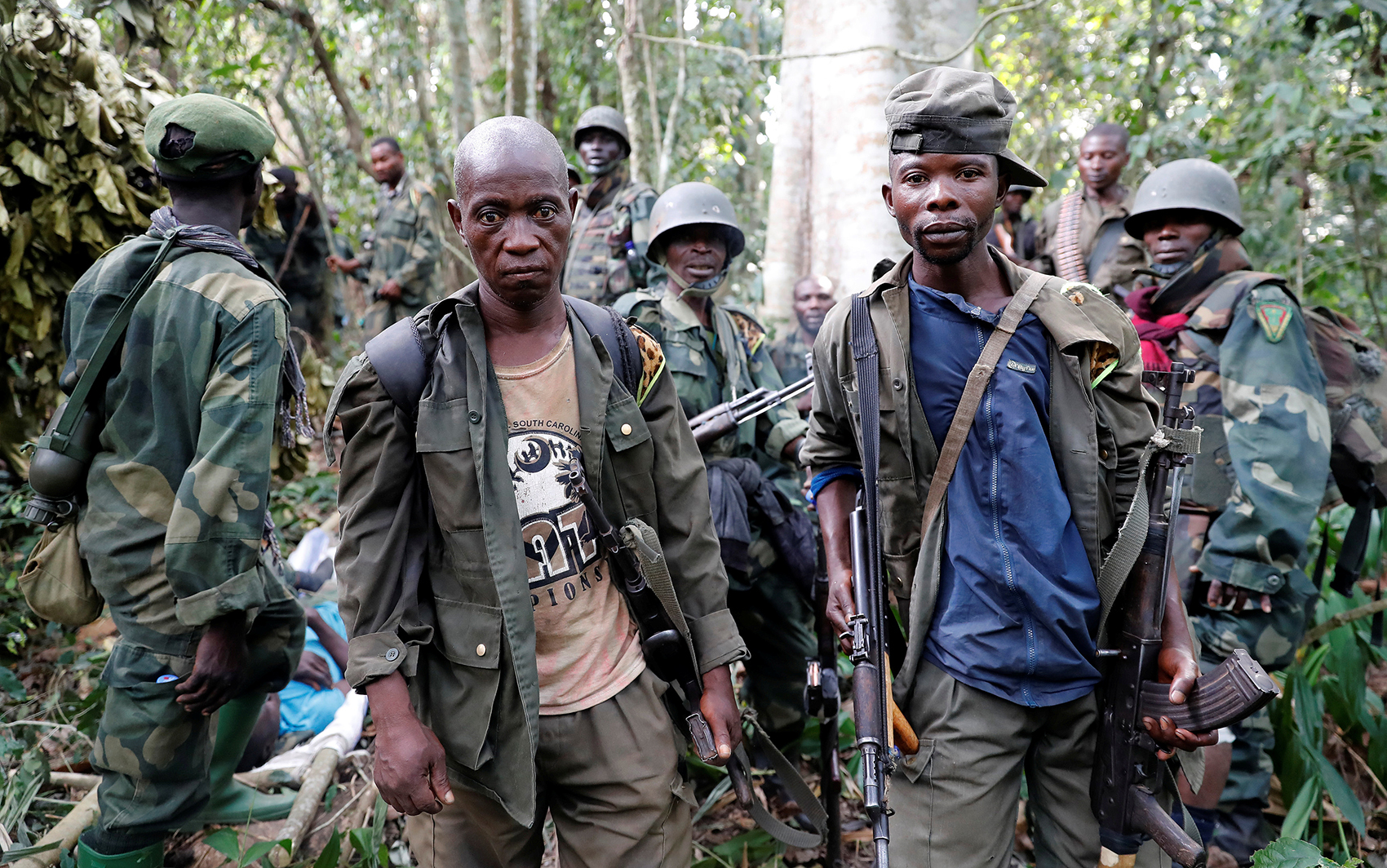
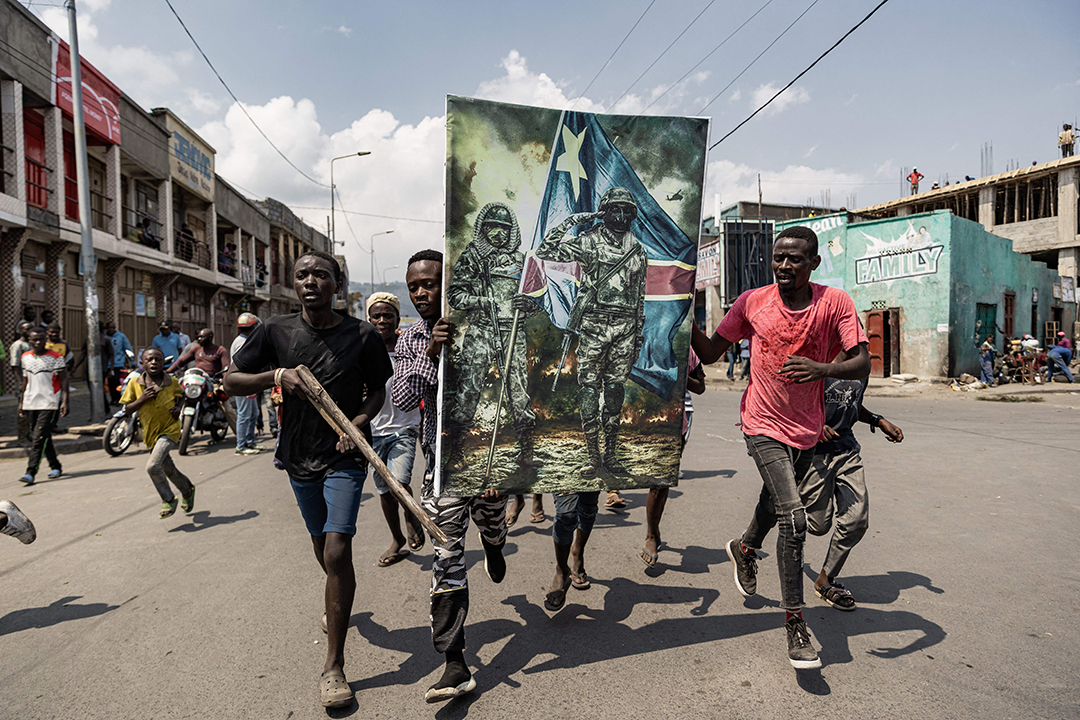
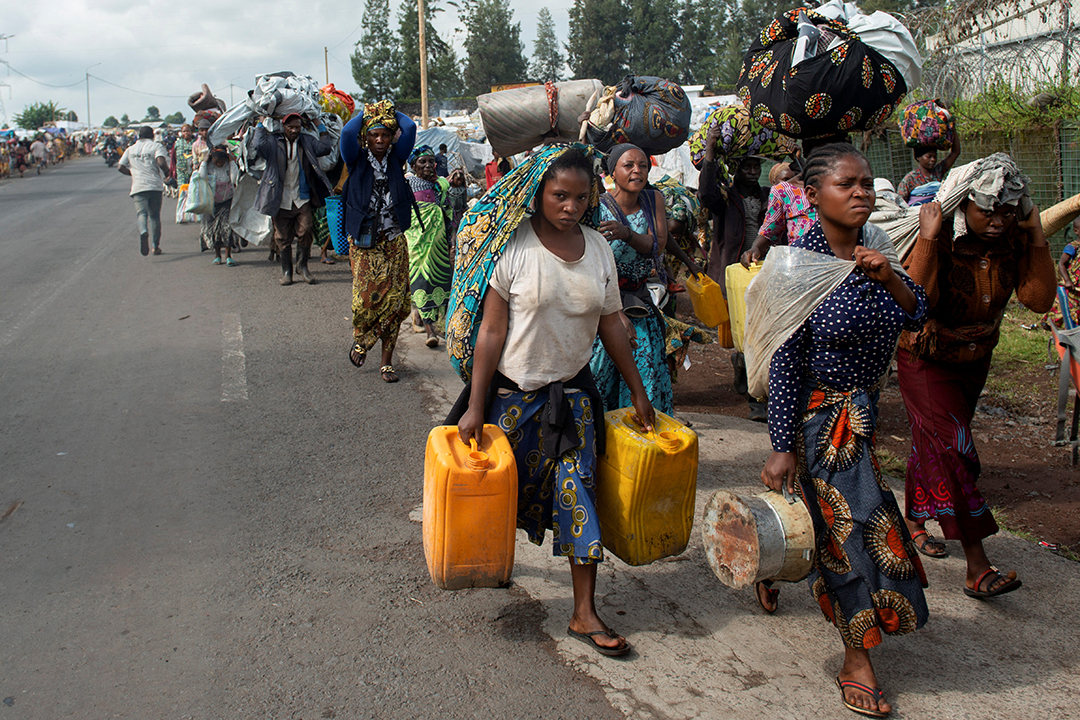
The conflict in the DRC has significant implications beyond its borders, with neighbouring countries and international actors playing a key role in shaping events on the ground. China’s growing economic influence in the region, particularly in the mining sector, has raised concerns about exploitation and resource extraction at the expense of local communities. Similarly, the involvement of Western powers, including the United States and the European Union, has been criticized for prioritizing strategic interests over human rights and stability.
While many may turn a blind eye to the crisis because they see no hope, there is always hope. Judith Suminwa Tuluka was recently appointed as the DRC’s first female prime minister by President Felix Tshisekedi. An economist, Suminwa takes over from Jean-Michel Sama Lukonde. Her appointment follows Tshisekedi’s re-election and inauguration for a second term. Suminwa pledged to work for peace and the country’s development. Being a woman, we hope that she does more to improve living conditions and end violence in the country.
While we stand in solidarity for all global crises including Palestine, Syria and Sudan, Congo is closest to home and should have our empathy. Global leaders should find comprehensive approaches to tackling political issues, promoting inclusive governance, and fair resource distribution. International support should focus on the country itself and not its own interests. And yes, the social media activists, especially those based on the continent should speak as loudly about Congo as they do about Palestine if they care at all about the Congolese people.



















































